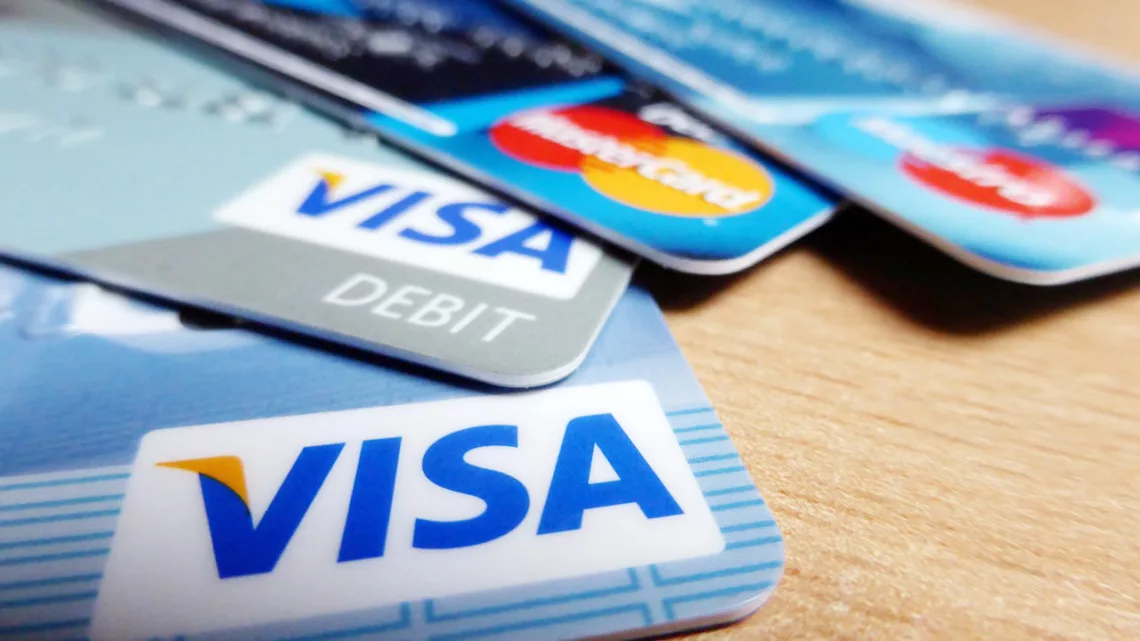Adeola, a chartered accountant wanting to renew her subscription of an app early this year, was surprised when her card was declined. She had always paid for her subscription which is in dollars using her naira debit card. Likewise, Tunde Ogunjimi, said he has not been able to access his Google Cloud SaaS backend due to billing reasons.
Last year, banks in the country had limited how much customers can spend on international transactions using their naira debit cards. From the previous limit of $100 or $200 in a month depending on the bank, international spending limit had been cut to $20 or $50 per month. Towards the end of last year, most banks had stopped allowing dollar spendings on their naira denominated cards.
This became imminent following the dollar scarcity within banks and as the value of the naira sank. Demand for the greenback had surged with the mass exodus of young Nigerians seeking greener pastures abroad.
With a limited source of foreign exchange which is mostly from the central bank, banks had fallen behind on personal/business travel allowance, requests for medical and school fees as well as other dollar requests.
Also, the governor of the Central Bank of Nigeria (CBN), Godwin Emefiele had earlier hinted that soon it will stop meeting banks’ dollar demands pushing them to source their customers’ dollar demands through export proceeds, it had assured its continued support late last year.
In the midst of the dollar scarcity, some bank branches had even runout of physical dollars and had not been able to meet up with dollar demands of their customers. Thus, the decision by the banks to cut dollar spending on naira cards became imminent.
Explaining why banks have silently cut off international spending on naira debit cards, Head, Financial Institutions Ratings at Agusto & Co, Mr. Ayokunle Olubunmi, said “What we are seeing is reflecting what we are seeing in the foreign exchange market. The first thing we need to realize is that the forex that banks use to fund their card transactions is not from the CBN.
“They actually have to go and source the dollars independently. So, what we are seeing is caused by this. It is getting more relatively difficult for banks to get more dollars and it is not only this, a lot of them have huge exposures that they are trying to see how to get dollars to meet.”
This means that for every dollar transaction consummated on a naira debit card, the bank which issued the card, will have to source for the dollars to settle the transaction while the naira equivalent at the prevailing official rate would been deducted from the customer’s naira account.
Presently, the naira is selling at N461 to the dollar at the Investors’ and Exporters’ window, which serves as the official rate while at the parallel market, the value of the naira had diminished to N745 to the dollar.
According to Ayokunle, in limiting dollar spending on naira denominated cards, banks are also trying to “see if they can use the policy to attract dollars. If you look at those notifications that banks are sending, they are encouraging customers to open a dollar account so that you put your dollars inside and then you can use that dollar to fund your transaction.
“So, they want to ty and see if they can get a situation where customers fund their own card to the point that you hardly spend it. So that will mean the bank trying to source for dollars to boost their dollar deposit. So, it is a reflection of the challenges in the forex market.”
Asides opening dollar accounts and funding it, as well as the use of dollar denominated cards, which require the customer sourcing the dollar to fund their transactions, some individuals have resorted to using virtual platforms to meet their international spending needs.
The alternative platforms which issue virtual dollar cards such as Barter, Chippercash amongst others, however use the black-market rate to consummate transactions. Virtual dollar cards only exist within an app, which means they cannot be used for in-person transactions, but they are well-suited to online purchases.
Since they do not have any physical counterpart, they are also a lot easier to obtain than a physical dollar card. They usually work as prepaid cards that have to be loaded from a naira account or card. Using the virtual dollar cards may also include paying a fee when topping up alongside a monthly fee.





